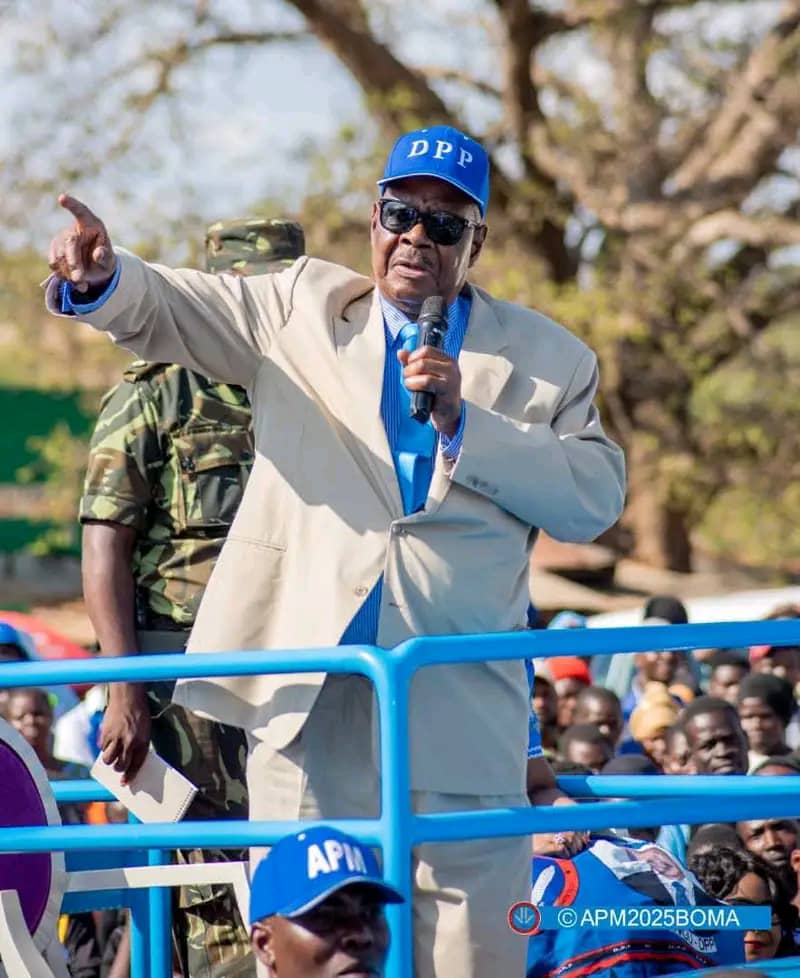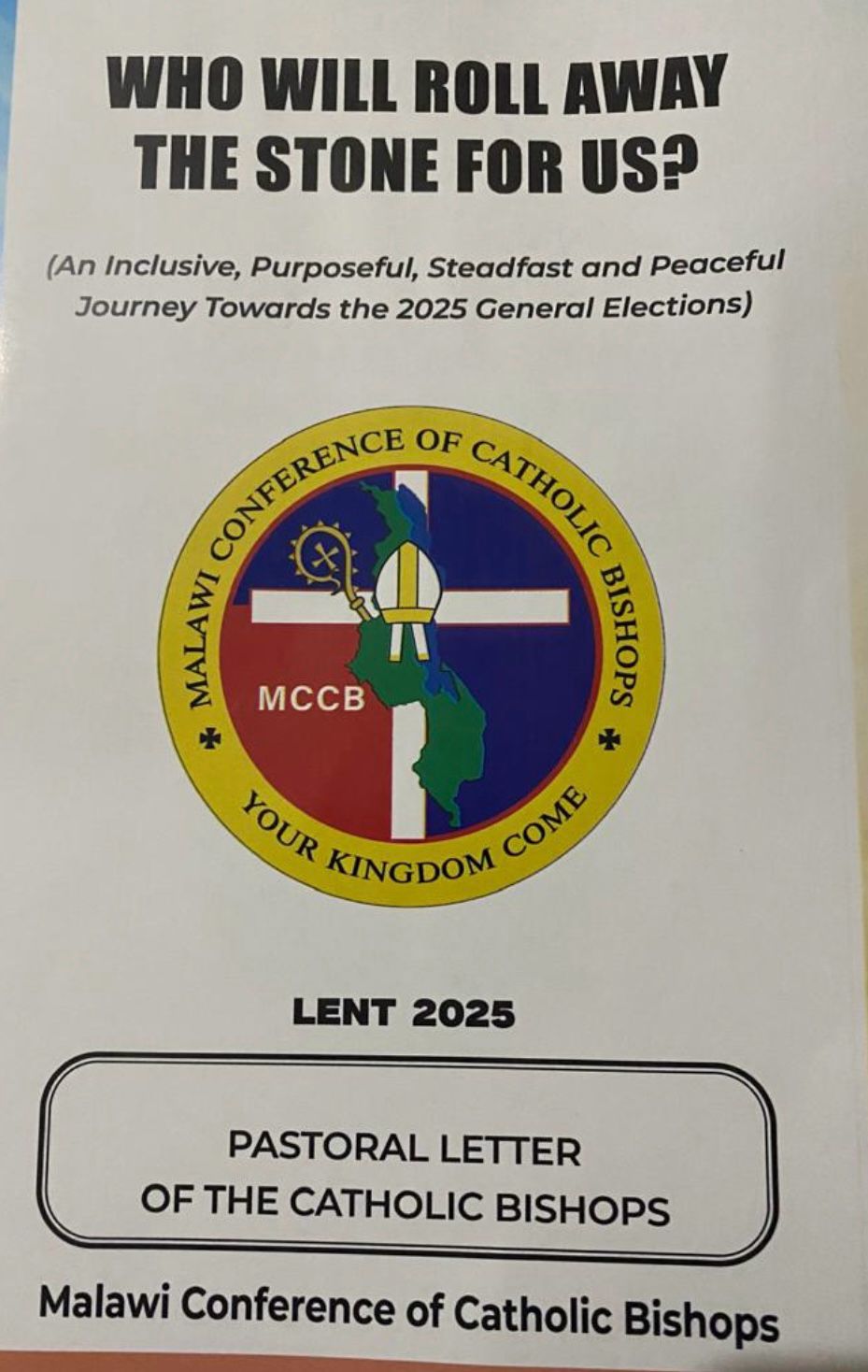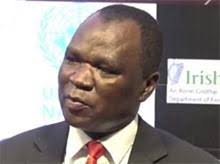By Burnett Munthali
As Malawi heads toward the September 2025 elections, political analyst Pilirani Chikumbu has shared insights on the prevailing political atmosphere and the key factors shaping voter perceptions.
According to Chikumbu, the mood on the ground is energetic, with heightened political engagement and enthusiasm among citizens.
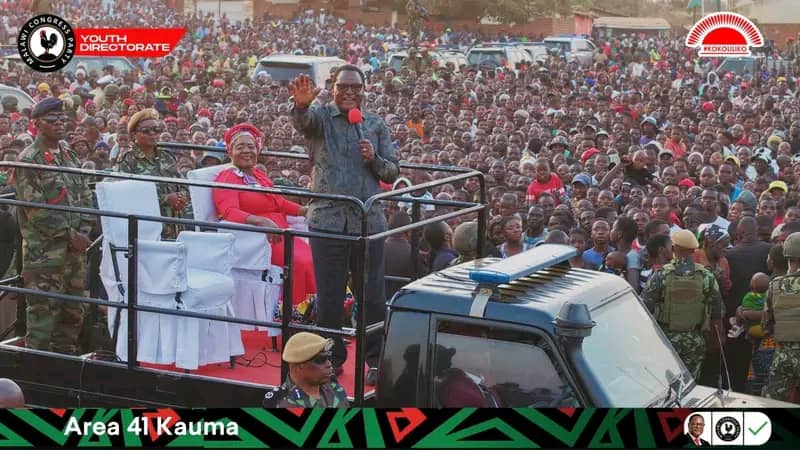
However, he also noted that skepticism persists, as many voters demand tangible promises and solutions from political parties before fully committing their support.
When asked which party is connecting best with ordinary citizens, Chikumbu explained that it is difficult to single out one.
He observed that different parties resonate with different demographics, but those focusing on grassroots issues and offering realistic solutions tend to build stronger connections.
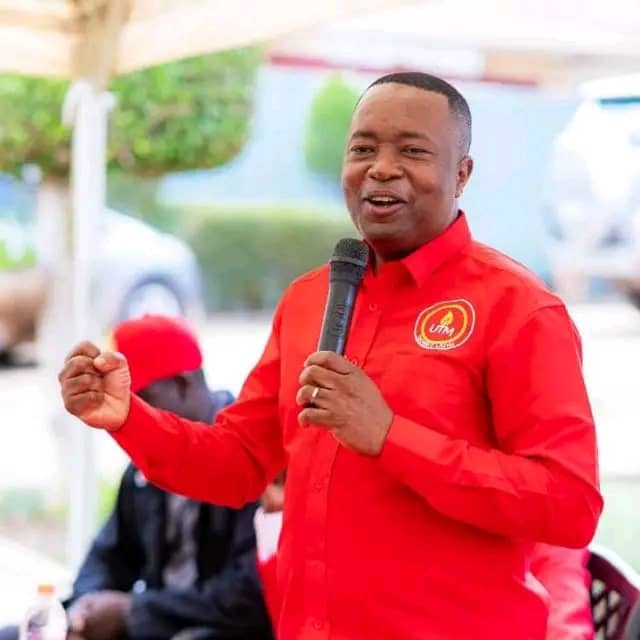
On what influences voters most, Chikumbu argued that it is often a blend of promises, track record, and personality.
While a candidate’s track record is crucial, personality and charisma play a significant role in building trust and rapport with citizens.
Discussing campaign activities across the country, Chikumbu highlighted that urban centers and densely populated areas are witnessing the most vibrant efforts.
He pointed specifically to the Central Region as a hotspot where parties are investing heavily in rallies, roadshows, and social media campaigns.
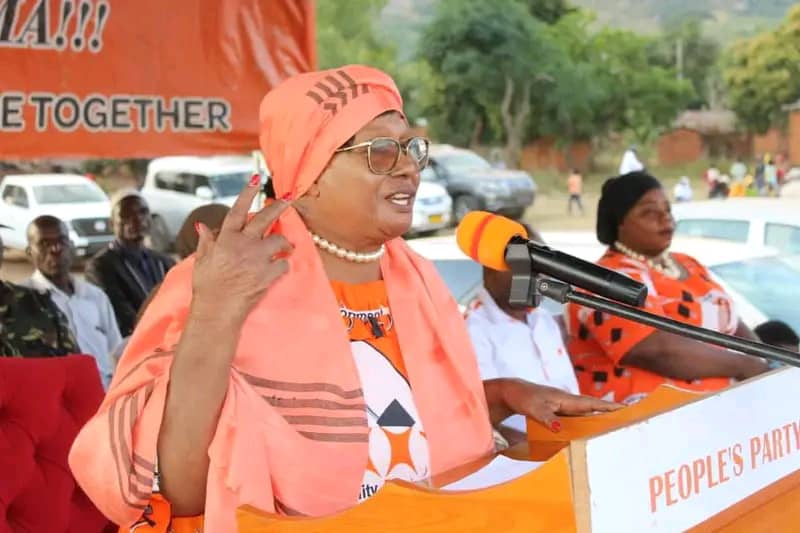
Chikumbu acknowledged that issues have arisen during the campaign period.
He cited hate speech, misinformation, sectarian tensions, voter bribery, and concerns over campaign financing as challenges that threaten electoral integrity.
On the role of youth and women, Chikumbu stressed their critical importance in shaping the outcome of the elections.
He emphasized that these groups make up a significant portion of the electorate, and their active participation could decisively influence results.
When asked which campaign promises matter most, Chikumbu singled out the economy and job creation as the most pressing concerns for Malawians.
He added that education and healthcare also remain essential priorities for national development.
On transparency, Chikumbu noted that political parties still have room for improvement.
Some, he said, make unrealistic promises or fail to be transparent in their funding and internal decision-making processes, and citizens should demand accountability.
Reflecting on the influence of campaign tools, Chikumbu stated that rallies, roadshows, and social media play a major role in shaping perceptions.
However, he cautioned that citizens should go beyond the spectacle and carefully scrutinize policies, leadership records, and governance styles.
Looking at the bigger picture, Chikumbu acknowledged that confidence in the electoral process varies.
Nonetheless, he expressed hope that the September 2025 elections will be free, fair, and peaceful if the Malawi Electoral Commission and all stakeholders commit to ensuring transparency and integrity.
Concluding Analysis
Chikumbu’s observations paint a picture of an electorate that is both hopeful and cautious as the election season intensifies.
His analysis underscores that citizens are no longer swayed by rhetoric alone, but instead are increasingly demanding accountability, tangible solutions, and credible leadership.
The emphasis on the economy, jobs, education, and healthcare reveals a population deeply concerned about bread-and-butter issues rather than political theatrics.
If parties fail to address these core priorities with honesty and clarity, they risk alienating a critical mass of voters, particularly the youth and women who will likely determine the final outcome.
Ultimately, the September 2025 elections will test not just the strength of Malawi’s democracy but also the resilience of its citizens in holding leaders to higher standards of truth, transparency, and delivery.

